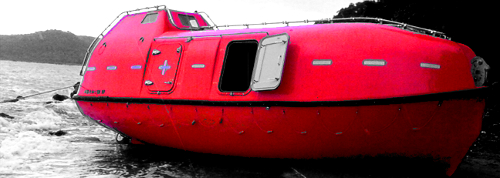UN brings questions and perspective on boat policy
The United Nations refugee agency says it continues to get no response from the Australian government for its questions over the asylum seeker ‘turn back’ policy.
UNHCR regional representative James Lynch has told a meeting in Jakarta that Australian authorities are yet to prove they are not breaking the law.
The Federal Government is accused of illegally entering Indonesian waters, while enacting the policy to tow disposable lift boats full of asylum seekers away from Australia.
Several of the people from the boats have alleged that they made it to Australian waters, if this is true then Australia is legally obliged to allow them to be processed.
“There are obligations as a signatory to the 1951 Convention and the 1967 protocol, which say: if you intercept in your territorial waters, you should allow those in need of protection to have access to the asylum system,” Mr Lynch said.
“We have written to the Australian Government, expressing our concern, and would like to hear their side of the story.
“We don't have evidence on the other side; we only have the accounts that we've heard from people who were on the boat that say that they were in Australian territorial waters.”
Immigration Minister Scott Morrison told Sky News that the global human rights body has “always opposed our turn-back policy.”
“We're talking about a secondary movement of [those] who are coming from halfway around the world,” he said
“We're not talking about people just walking straight across one border.
“The issue we've had with the UNHCR as a Coalition is a lack of action on secondary movement and people taking advantage of the convention.”
My Lynch says that while previous spikes in numbers of asylum seekers arriving in Australia are significant, they pale in comparison to many other nations.
“We have in Syria 6 million either internally displaced or refugees and they have found themselves in the neighbouring countries,” Mr Lynch said.
“A country like Iraq, which has its own internal problems, has been able to accept 250,000 Syrian refugees.
“I think when you sit and listen to what countries in the region like Iraq are dealing with, or Jordan or Lebanon, it's hard to see it [Australia's situation] as a crisis.”









 Print
Print